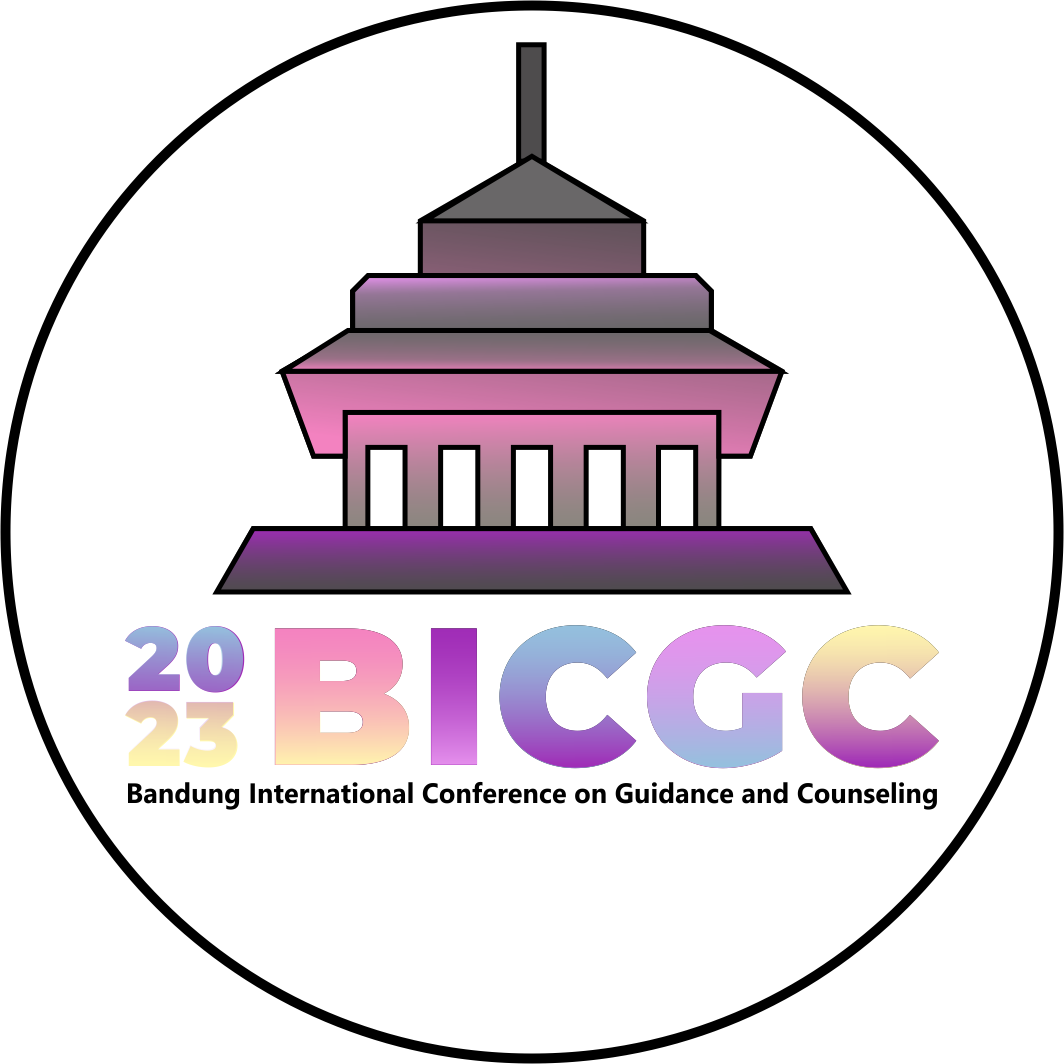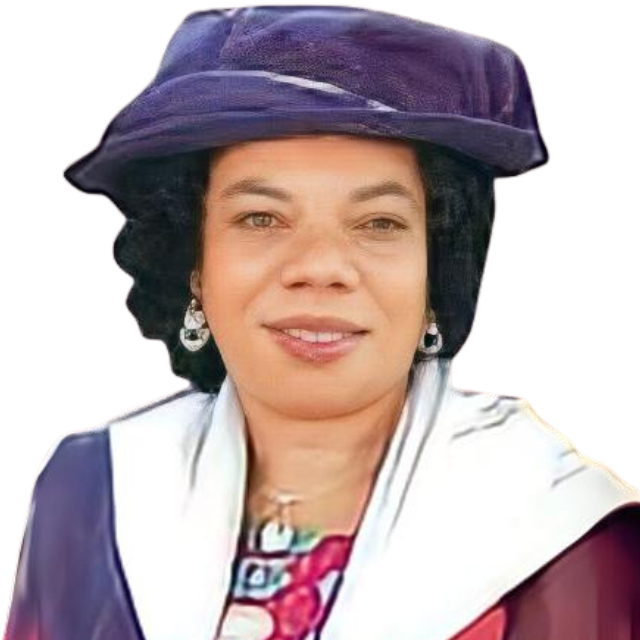We are thrilled to present an outstanding lineup of Keynote Speakers and Featured Speakers who will elevate the discourse and enrich the collective knowledge of our attendees. Our Keynote Speakers, distinguished leaders in their respective fields, bring a wealth of expertise and groundbreaking insights to the forefront, promising thought-provoking discussions that transcend boundaries. Complementing them are our Featured Speakers, a diverse group of visionaries and innovators who will delve into emerging trends and share cutting-edge perspectives. Prepare to be inspired as these influential individuals share their experiences, expertise, and foresight, shaping the narrative of our conference and leaving an indelible mark on the future of their respective industries.
Keynote Speaker:
Prof. Dr. H. Sunaryo Kartadinata, M.Pd.
(Indonesian Ambassador to Uzbekistan, Professor at Guidance and Counseling Universitas Pendidikan Indonesia).
Theme:
“Fostering Student Wellness through Peace in Multicultural”
Key Points and Topics for Discussion:
Fostering student wellness through peace in multicultural settings is crucial to addressing the need to create supportive, inclusive, and harmonious environments for students from diverse backgrounds. Here are some key points and topics for discussion at such a conference:
- Cultural Awareness and Sensitivity: Explore how fostering cultural awareness and sensitivity among students can lead to a more peaceful and inclusive educational environment.
- Conflict Resolution and Mediation: Examine strategies and programs to teach students effective conflict resolution and mediation skills to prevent and address intercultural disputes.
- Inclusivity and Diversity Initiatives: Showcase successful diversity and inclusivity programs and initiatives on campuses that have contributed to a more peaceful and harmonious student body.
- Cultural Exchange and Education: Highlight the importance of cultural exchange programs, study abroad experiences, and multicultural education in broadening students' perspectives and promoting global peace.
- Community Building: Discuss community-building activities and projects that unite students from various cultural backgrounds, emphasizing the role of shared values and common goals.
Featured Speakers:
Prof. Mary Ogechi Esere
(Department of Counsellor Education, University of Ilorin)
Theme:
"Psychological Support for Today’s Young People"
Key Points and Topics for Discussion:
Psychological support for young people is a crucial event that can bring together experts, researchers, and practitioners to discuss and share insights on various aspects of supporting the mental and emotional well-being of young individuals. Here are some key points and topics for discussion:
- Introduction to the Importance of Psychological Support: Why is psychological support critical for the well-being of young people and the prevalence of mental health issues among youth?
- Mental Health Stigma and Awareness: Discuss the stigma surrounding mental health and how it affects young people. The role of awareness campaigns in reducing stigma and increasing help-seeking behavior.
- Types of Psychological Support: Individual counseling and therapy, Group therapy and support groups, Self-help resources and tools, Online and digital mental health platforms.
- School-Based Mental Health Services: The importance of integrating psychological support in educational institutions and the role of teachers and school counselors in providing support.
- Preventive Measures and Resilience Building: Discuss strategies for preventing mental health issues in young people and promoting resilience through education, coping skills, and community support.
Associate Professor Timothy Sim
S R Nathan School of Human Development, Singapore University of Social Sciences
Theme:
“Wellness Counseling using a Systemathic Approach in School Setting”
Key Points and Topics for Discussion:
- The psychosocial approach is vital in supporting student wellness, as it recognizes the intricate interplay between psychological and social factors in a student's overall well-being. This approach considers the emotional, cognitive, social, and environmental dimensions of a student's life and aims to promote holistic wellness by addressing these various aspects. Here are some key points and topics for discussion:
- Introduction to Psychosocial Approach in Education: Defining the psychosocial approach, historical context and development of psychosocial support in education.
- Identifying current challenges in student wellness and psychosocial support: Discussing future trends and areas for improvement.
- Holistic Wellness Models: Exploring holistic models for student wellness. Integrating physical, emotional, social, and mental well-being into educational programs.
- Peer Support and Mentorship Programs: The benefits of peer support and mentorship in promoting student wellness. How to implement and maintain effective peer support programs.
- Resilience and Coping Skills: Teaching students resilience and coping skills to help students deal with stress and improve Student Wellness.
Dr. Sheila Marie G Hocson
Guidance Director and Professor of the Far Eastern University
Theme:
Career Wellbeing in Student Context
Key Points and Topics for Discussion:
- Career Transitions in a Changing World: Discuss how career transitions have evolved in the digital age and strategies for adapting to new job markets, remote work, and technological advancements.
- Career Planning and Goal Setting: Discuss the importance of setting clear career goals and creating a roadmap for achieving them. Explore different methodologies and tools for effective career planning.
- Skills Development and Upskilling: Address the need for continuous learning and skill development in today's rapidly changing job market. Highlight strategies and resources for acquiring new skills.
- Career Development Resources and Tools: Showcase various tools, websites, and resources available to assist individuals in their career development journey, such as career assessments, job search platforms, and professional organizations.
- Workforce Resilience and Adaptability: Address the importance of resilience and adaptability in today's fast-paced and ever-changing job market. Provide strategies for staying competitive and flexible in one's career.
Dr. Nor Zaiham Midawati Abdullah
Assistant Professor University of Brunei Darussalam, Brunei Darussalam
Theme:
Caring for Ourselves: Cultivating Wellness in the Face of Self-Harm
Key Points and Topics for Discussion:
- Career Transitions in a Changing World: Discuss how career transitions have evolved in the digital age and strategies for adapting to new job markets, remote work, and technological advancements.
- Career Planning and Goal Setting: Discuss the importance of setting clear career goals and creating a roadmap for achieving them. Explore different methodologies and tools for effective career planning.
- Skills Development and Upskilling: Address the need for continuous learning and skill development in today's rapidly changing job market. Highlight strategies and resources for acquiring new skills.
- Career Development Resources and Tools: Showcase various tools, websites, and resources available to assist individuals in their career development journey, such as career assessments, job search platforms, and professional organizations.
- Workforce Resilience and Adaptability: Address the importance of resilience and adaptability in today's fast-paced and ever-changing job market. Provide strategies for staying competitive and flexible in one's career.





.png)